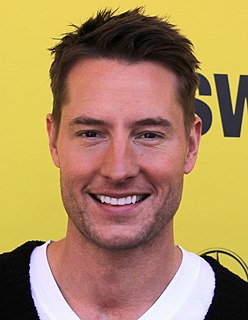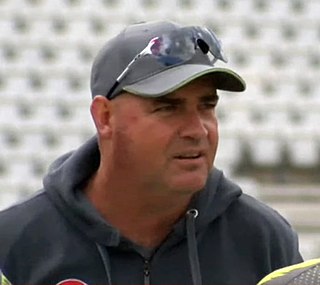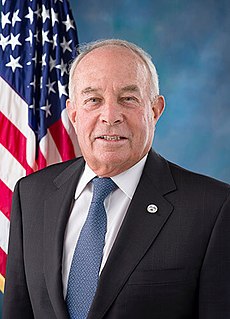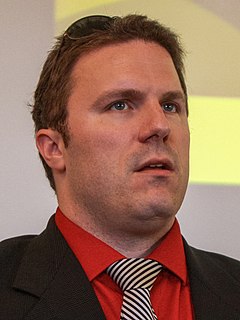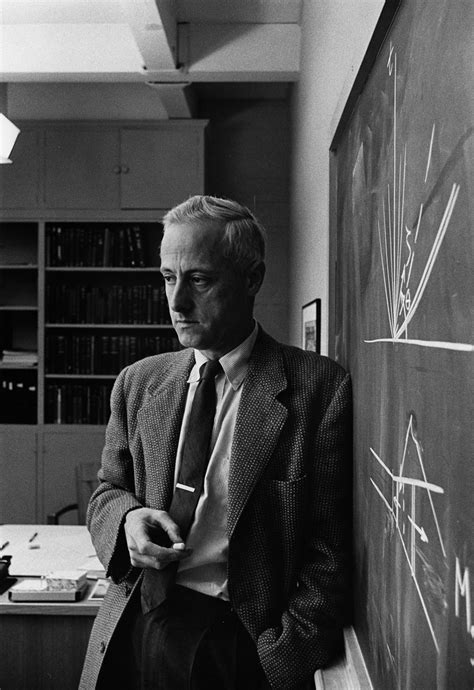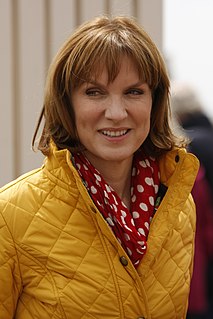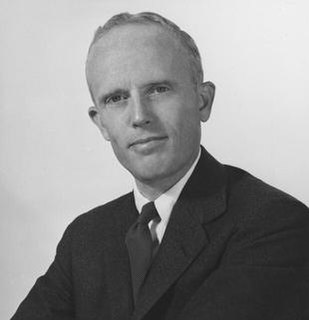Top 1200 Little Knowledge Quotes & Sayings - Page 3
Explore popular Little Knowledge quotes.
Last updated on April 15, 2025.
We have no knowledge, that is, no general principles drawn from the contemplation of particular facts, but what has been built up by pleasure, and exists in us by pleasure alone. The Man of Science, the Chemist and Mathematician, whatever difficulties and disgusts they may have had to struggle with, know and feel this. However painful may be the objects with which the Anatomist's knowledge is connected, he feels that his knowledge is pleasure; and where he has no pleasure he has no knowledge.
As regards authority I so proceed. Boetius says in the second prologue to his Arithmetic, 'If an inquirer lacks the four parts of mathematics, he has very little ability to discover truth.' And again, 'Without this theory no one can have a correct insight into truth.' And he says also, 'I warn the man who spurns these paths of knowledge that he cannot philosophize correctly.' And Again, 'It is clear that whosoever passes these by, has lost the knowledge of all learning.'
Knowledge is power." Rather, knowledge is happiness, because to have knowledge - broad, deep knowledge - is to know true ends from false, and lofty things from low. To know the thoughts and deeds that have marked man's progress is to feel the great heart-throbs of humanity through the centuries; and if one does not feel in these pulsations a heavenward striving, one must indeed be deaf to the harmonies of life.
For the little that one has reflected on the origin of our knowledge, it is easy to perceive that we can acquire it only by means of comparison. That which is absolutely incomparable is wholly incomprehensible. God is the only example that we could give here. He cannot be comprehended, because he cannot be compared. But all which is susceptible of comparison, everything that we can perceive by different aspects, all that we can consider relatively, can always be judged according to our knowledge.
The Church has surrendered her once lofty concept of God and has substituted for it one so low, so ignoble, as to be utterly unworthy of thinking, worshiping men. This she has not done deliberately, but little by little and without her knowledge; and her very unawareness only makes her situation all the more tragic.
My desire for knowledge is intermittent; but my desire to bathe my head in atmospheres unknown to my feet is perennial and constant. The highest that we can attain to is not Knowledge, but Sympathy with Intelligence. I do not know that this higher knowledge amounts to anything more definite than a novel and grand surprise on a sudden revelation of the insufficiency of all that we called Knowledge before,—a discovery that there are more things in heaven and earth than are dreamed of in our philosophy.
A doctor's authority in America often exceeds his or her knowledge. Whole bodies of knowledge in healing are ignored because they are unorthodox and non-medical. A doctor's education seems exhaustive, yet MDs study so much about drugs and surgery - and so little about nutrition, fasting, herbal remedies, spinal manipulation, massage, vitamin and mineral therapy, homeopathy, and more - that we realize their qualifications are incomplete.
So the problem in the West is that, especially in places like the USA, a person will obtain this much knowledge and immediately think that they have a large amount of knowledge. And then start to act on the basis of what they think, they posses. Instead of having this much knowledge and realizing that in fact this is only this much knowledge and the amount of where you can go there is where you came is much bigger than where you've already gotten.
The greatest act of judgment that God can pour out on a people is being poured out on America, and it is this: He's taken away the knowledge of God, and He's closed the mouth of those who are supposed to be speaking for Him. So that little boys lead us with their silly little ideas and we like it that way, because we really do want our best life now.
I'm skeptical about even educating voters as a chance for being successful. You know, when we look at what people retain from high school a year after they've graduated, they've forgotten most everything about history and civics and everything, and I think the main worry here is that because your individual vote counts for so little, you just don't have a strong incentive to invest in the knowledge, to retain the knowledge, to process information in a rational way.
By this we may understand, there be two sorts of knowledge, whereof the one is nothing else but sense, or knowledge original (as I have said at the beginning of the second chapter), and remembrance of the same; the other is called science or knowledge of the truth of propositions, and how things are called, and is derived from understanding.
Can any rational person believe that the Bible is anything but a human document? We now know pretty well where the various books came from, and about when they were written. We know that they were written by human beings who had no knowledge of science, little knowledge of life, and were influenced by the barbarous morality of primitive times, and were grossly ignorant of most things that men know today.
We do not merely give a religious education because that would seem to imply the possibility of some other education, a secular education, for example. But we hold that all education is divine, that every good gift of knowledge and insight comes from above, that the Lord the Holy Spirit is the supreme educator of mankind, and that the culmination of all education (which may at the same time be reached by a little child) is that personal knowledge of and intimacy with God in which our being finds its fullest perfection.
In India there was a sense of time that does not tick with modern clocks, just as there is a knowledge that is not gained through science and empirical experiments. In the modern West knowledge is of objective, finite particulars in historical time. India recognizes that kind of useful information: it calls it "lower knowledge." Higher knowledge (paravidya) proceeds differently, or rather it doesn't proceed at all but enters history full-blown on the morning of a new creation.
In mysticism, knowledge cannot be separated from a certain way of life which becomes its living manifestation. To acquire mystical knowledge means to undergo a transformation; one could even say that the knowledge is the transformation. Scientific knowledge, on the other hand, can often stay abstract and theoretical. Thus most of today’s physicists do not seem to realize the philosophical, cultural and spiritual implications of their theories.
Each member of society can have only a small fraction of the knowledge possessed by all, and...each is therefore ignorant of most of the facts on which the working of society rests...civilization rests on the fact that we all benefit from knowledge which we do not possess. And one of the ways in which civilization helps us to overcome that limitation on the extent of individual knowledge is by conquering intelligence, not by the acquisition of more knowledge, but by the utilization of knowledge which is and which remains widely dispersed among individuals.
The knowledge of the individual citizen is of less value than the knowledge of science. The former is the opinion of individuals. It is merely subjective and is excluded from policies. The latter is objective - defined by science and promulgated by expert spokesmen. This objective knowledge is viewed as a commodity which can be refined... and fed into a process, now called decision-making. This new mythology of governance by the manipulation of knowledge-stock inevitably erodes reliance on government by people.
First, my people must be taught the knowledge of self. Then and only then will they be able to under-stand others and that which surrounds them. Anyone who does not have a knowledge of self is considered a victim of either amnesia or unconsciousness and is not very competent. The lack of knowledge of self is a prevailing condition among my people here in America. Gaining the knowledge of self makes us unite into a great unity. Knowledge of self makes you take on the great virtue of learning.
I think there's a shamanic temperament, which is a person who craves knowledge, knowledge in the Greek sense of gnosis. In other words, knowledge not of the sort where you subscribe to Scientific American, and it validates what you believe, but cosmologies constructed out of immediate experiences that are found to be always applicable.
A bulging portfolio of spiritual experiences matters little if it does not have the power to sustain us through the inevitable moments of grief, loss, and change. Knowledge and achievements matter little if we do not yet know how to touch the heart of another and be touched. Wisdom is alive only as long as it is lived, understanding is liberating only as long as it is applied.
My curiosity, alas, is not the kind that can be satisfied by objective knowledge. Plato said that opinion is worthless and that only knowledge counts, which is a neat formulation. ... But melancholy Danes from the northern mists understand that opinion is all there is. The great questions transcend fact, and discourse is a process of personality. Knowledge cannot respond to knowledge. And wisdom? Is it not opinion refined, opinion killed and resuscitated upward? Maybe Plato would have agreed with this.



